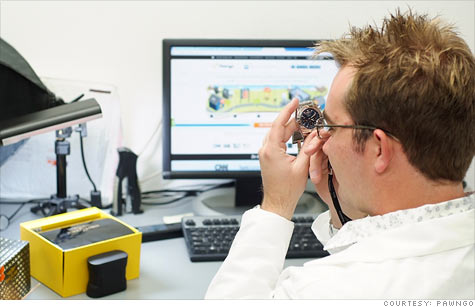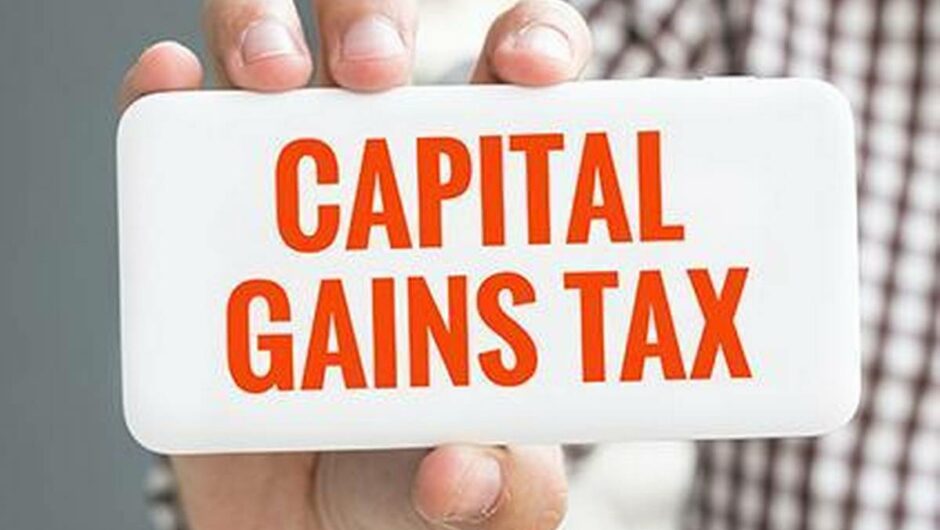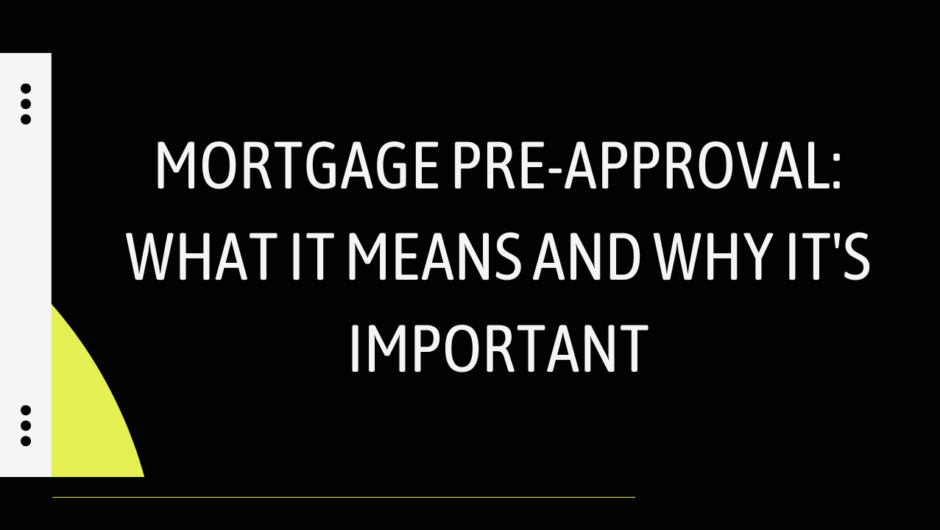A pawn shop is a business that lends money to people in exchange for personal possessions. The pawning items used as collateral for the loans are usually jewelry, electronics, musical instruments, tools, and other small consumer goods.
If you need quick cash but don’t want to sell your car or go through the hassle of selling stocks or property, you can pawn your items as a way to get instant money.
How Pawning Works
When you pawn an item, you receive a loan from the pawnshop and leave the item with them as collateral for that loan. You can’t take back your item unless you pay off your loan or make arrangements with the pawnshop to redeem it. When you repay your loan in full, you get your collateral back. Otherwise, you forfeit it to the pawnshop if you don’t pay off your loan within a specific period.
If you need quick cash, pawning your items can be a quick way to get the money you need. The average interest rate for a loan from a pawnshop is low, and in most cases, you only have a month to buy back your items before they are considered abandoned and are sold off by the pawnshop. However, if you don’t pay back your loan in time or buy back your item after it’s been sold, there’s no guarantee that you’ll ever see them again.
Pawning Restrictions
Always check with your local government to find out about the laws and restrictions around pawning items before you agree. You may have to provide identification or meet other requirements.
Most pawnshops are open during regular business hours, but some keep different hours or are only open by appointment. Before you go into the shop to sell your items, be sure that you know their business hours and how much they’ll give you for your item.
Common Pawning Items
Pawnbrokers also accept less common items like art, collectibles, sports memorabilia, firearms, antiques, and houses. Many people have found themselves in dire financial situations where they must sell their homes to stay afloat financially.
Pawnshops typically offer loans on the value of your home, providing you with a viable alternative to foreclosure. If you’re facing financial hardship and must sell your property for cash, remember that pawnshops buy houses too and can be a resource for those who need emergency money.
You may be able to receive more money on your house if it is in good shape with no major damage to the interior or exterior. If you have a mortgage on your property, make sure you are up-to-date on any payments owed.
When deciding between different pawn shops, consider how much money you can get for your house and whether interest rates are fair.
Pawning is the Act of Exchanging Goods for Cash
Pawnshops will buy almost anything, no matter how old or broken it may be. They are willing to give you money in exchange for your old electronics, tools, and musical instruments. You can sell anything with an intrinsic value at a pawnshop. It is best to go into a shop that has experience dealing with your type of item or that deals in the type of item you have. It doesn’t matter if it’s a paintbrush, laptop, or garden hose. The pawning items must be in working condition and not stolen.
Pawning is similar to selling on consignment because you don’t get your cash until an item has been sold but it’s also different because you can still use the item. You must be an adult, and you may need proof of identification, such as a driver’s license or passport.
Pawnshops offer loans to people who need money quickly but don’t want to sell their car or go through the hassle of selling stocks or property. If you pawn an item, you receive a loan from the shop and leave your item as collateral for that loan. However, there’s no guarantee that you’ll ever get your item back.

Hey, this is Johny Sehgal. I am the owner and caretaker at Finance Jungle. I completed my education in BSC and now heading towards the digital marketing industry. I usually have interests in reading, playing games and watching movies. I also love to write content based on quality information. The main motive of mine is to provide the top and best quality information to my readers. Finance Jungle is the blog for the same.












